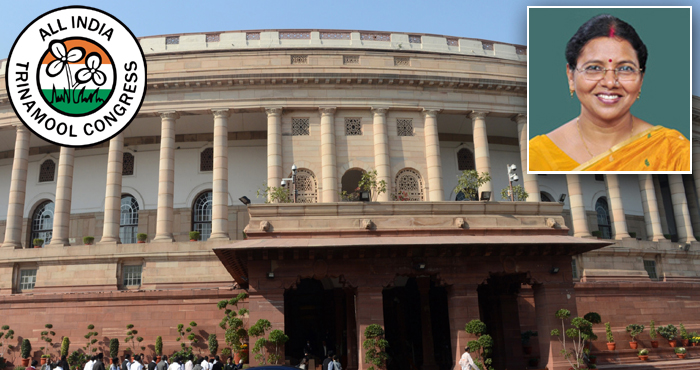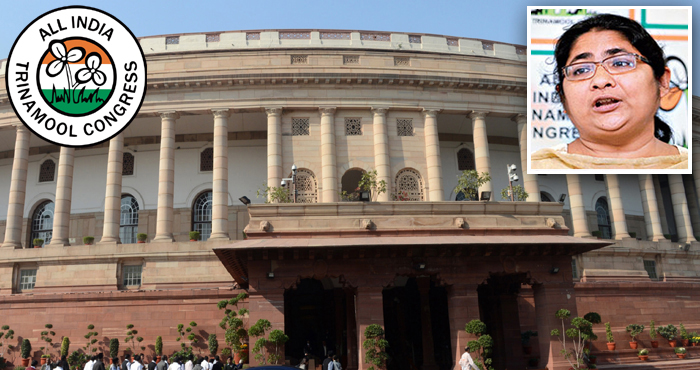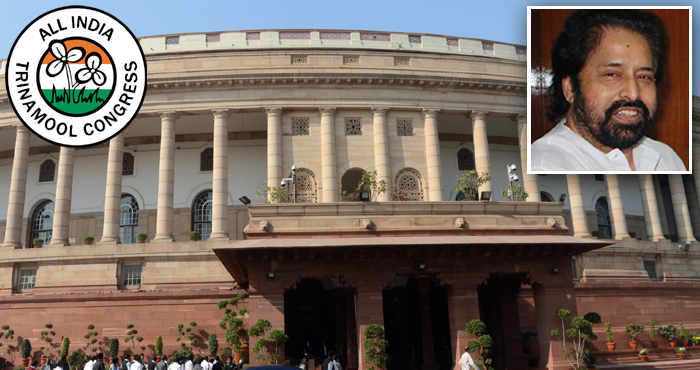FULL TRANSCRIPT
Madam Chairman, I stand to support this Bill. I think in the middle of what is happening in the country today, we need to forge and understand new laws, so that, the future of our economic activity is not endangered by persons who have malafide intentions. In this respect, I think this particular Bill will serve the purpose to a certain extent. I don’t think that this Bill will have any great impact on the present situation, except as a step towards further improving the entirety of the problems.
Clause 2 of the Bill introduces Section 143 A, but it identifies two situations. One is the summary trial and other is the summons case. Now, Section 143 also gives power to the courts, to provide for 25 per cent to the complainer, while the case is in progress. A question has been raised, as to how the government arrived at this 25 per cent. It is a very arbitrary figure, and is a very cautious approach. What we need here is a bold approach and 25 per cent, I don’t think will have the desired effect. A much higher amount – like 30 or 40 per cent – would have given a decent incentive to people who issue cheques, which bounce in the banks.
It is very important to identify the causes of delay in the courts. We make laws, we bring up new legislations, but the general situation in delay in the courts has not been substantially solved. Today there are more than 30 lakh cases pending in the subordinate courts, and 35,000 cases are pending in the higher courts. Nobody has calculated when these decisions of the courts or convictions will be handed down, will be appealed again in the higher courts, so that means more time will elapse before justice is done.
However a silver lining is, that, recently in the Economic Survey, there is a chapter on justice delivery and courts. There is thinking in this regard that Our laws on dispute resolution can only be affected as the dispute resolution process themselves. Therefore, it is of utmost important that any legislation that the parties, who are involved in the dispute, must one way or the other be assured that their rights will be enforced in the court in the reasonable time.
The role of banks is important. RBI as the Central Bank has a very important role to play, although they are not involved in the court processes. The RBI’s recent track record indicates, as they have said, they don’t have adequate powers to deal with public sector banks. They have issued new guidelines for state’s assets in all the sectors – cement, power etc.
But the Central Bank cannot absolve itself of being more proactive. The people of India look up to the Reserve Bank. The Reserve Bank promulgates banking regulation. Banks charge Rs 300 for every representation of any bounced cheque. Reserve Bank needs to get more involved. New guidelines are unimaginative. The same guidelines have been recommended for many sectors. But each sector of economy has its own problem. This situation needs to be looked at more closely; even application of Section 421 of the CRPC. So all this will come into play when this Act is applied.
Therefore, although we support this legislation – it’s a step in the right direction – the government must keep on thinking as to what more they can do for the future.







